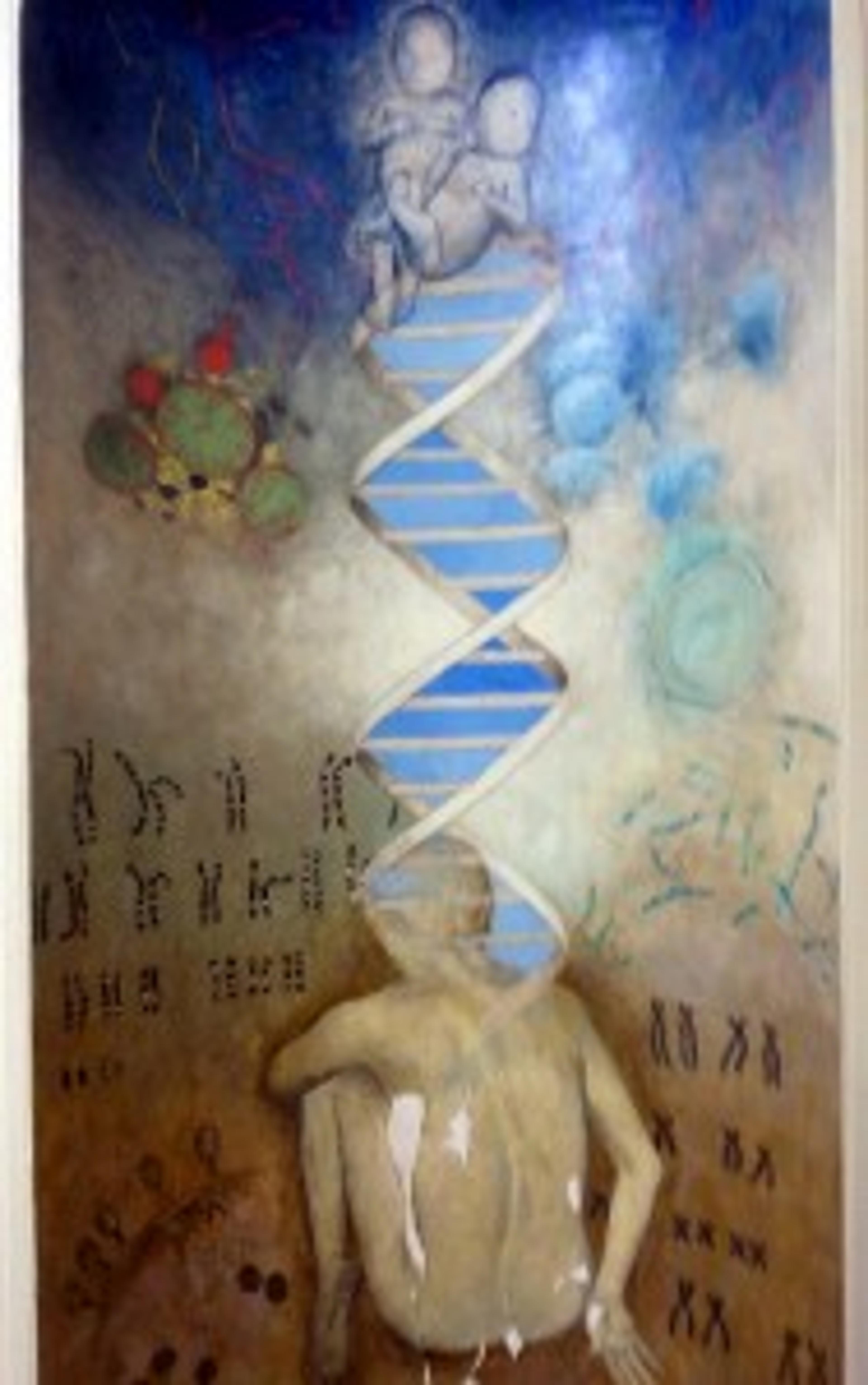April is Alcohol Awareness Month: What role does biology play in alcoholism and is it a disease?
Lara Abramov
| 2 min read

Dad drank and probably still does. Mom’s side drank too. Some of the best parties I’ve ever been to in my life were held in the Bank of England recreation center. Mom is crown subject and comes from a long line of some of the finest European drinkers I’ve ever seen. She never drank too much as alcohol abuse was prevented in her “religion.” But like my father, drinking was in her blood and bones and was inadvertently bestowed upon me.
Is my ‘disease’ bound to my genes?
I am the intersection of my parents most problematic traits: I drank religiously, with ardor, zeal and foolhardy devotion.
According to the American Academy of Child and Adolescent Psychiatry, one in five of us have lived with an alcoholic relative while growing up and children of alcoholics are four times more likely to become alcoholics themselves. But, having a parent that’s an alcoholic doesn’t mean you’ll definitely become one; it just means your risk of becoming one is greater.
Researchers have found that genetics are half responsible for increasing risk and that “the strongest effects have been found for specific variants of genes that encode two enzymes involved in alcohol metabolism.” However, responsibility also lies in environmental factors as well.
Genes and environment can help shape an alcoholic, but should an alcoholic think of themselves as having a disease?
Culturally we’ve been referring to alcoholism as a disease for some time. Like other ‘diseases’ it’s considered chronic ‘meaning that it lasts a person’s lifetime.’ Others contend that describing it as a disease may help soothe the social and moral stigma tied to alcoholism, but that describing alcoholism as a disease forces the problem drinker to “give up their identity as a ‘normal’ person, and take on the identity of someone with a disease,” thus inducing an identity crisis that could prevent someone from getting the help they need.
What do I think? Personally, I think alcoholism is a mixture of genetics and environment, of nature and nurture. Even though I have an unwanted inheritance, my drinking had a lot to do with my difficulties in dealing with life’s stressors. Instead of seeking professional help, I sought comfort in drinking. I’m not ashamed to admit that the heartbreak and losses and challenges and problems I created for myself contributed to my desire to seek a way out; genetics served to reinforce my ability to drink.
What do you think? Do you believe that alcoholism is a disease?
Photo credit: El Bingle





